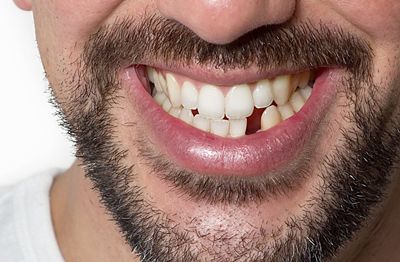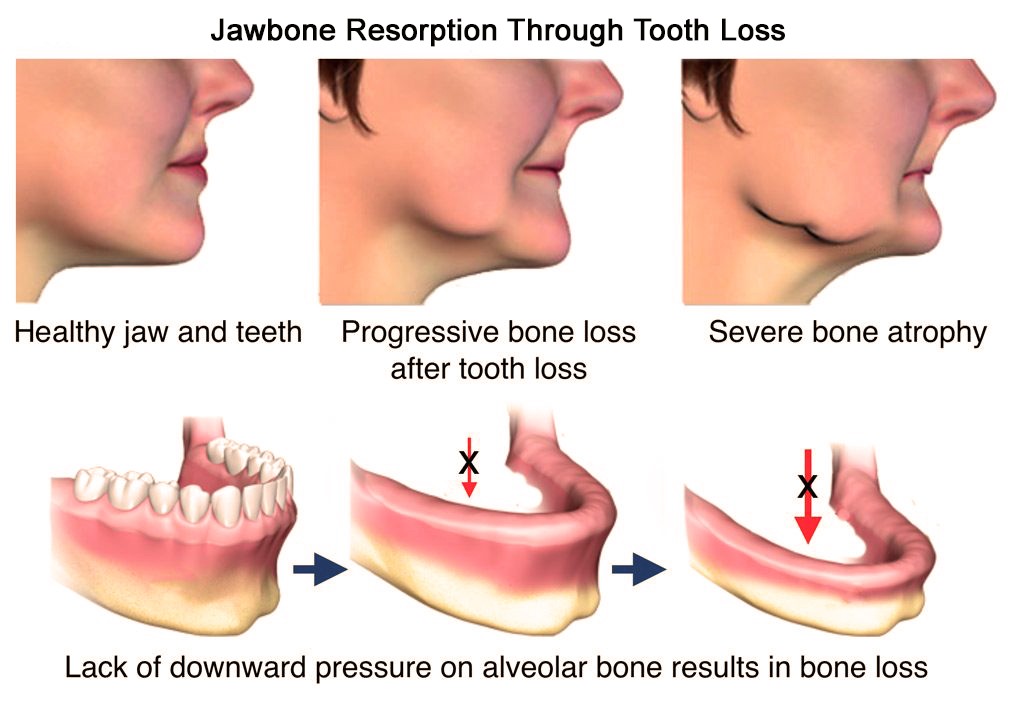
Adult tooth loss is relatively common in Australia. And while that’s far from a good thing, there are positive steps you can take to replace them. Above all, we recommend you see a dentist as soon as you discover any missing teeth. Why so? This article explains (and also mentions what your options may be for replacement).
What happens when teeth are missing?
For most of us, the appearance of missing teeth is enough to take action, but we need our teeth for several vital reasons:
- Biting and chewing – Typically, we have 32 adult teeth, and we need 21 of those for adequate chewing, diet and nutrition. So, the more teeth we lose, the harder it is to eat well. Having less than ten teeth (severe tooth loss) affects our diet and may lead to malnutrition or obesity.
- Speech issues – The position of your teeth and tongue is vital for pronouncing words correctly. When we don’t have all our teeth, words are more difficult to pronounce, and it’s easy to slur your speech or make a whistling sound.
- Shifting teeth – Our teeth are kept in alignment by our neighbouring teeth. If a tooth falls out, the teeth can migrate, causing alignment problems—and even pain.
- Bone loss – When we chew with our natural teeth, the impact stimulates bone tissue. Without this stimulation, our jawbone tissue deteriorates, resulting in bone loss. For example, even after extracting just one tooth, we lose 25% of bone tissue in just one year. But the amount of bone loss you experience will depend on how many teeth you’ve lost, your age and how long your teeth have been missing. Also, bone loss can compromise your remaining teeth, weakening them over time and increasing the risk of further tooth loss. Read more about jaw bone loss here.
- Alignment problems – Missing teeth can cause us to chew differently, causing alignment problems that stress the joints in your jaw and create extra wear and tear on your tooth enamel.
- Confidence and mental health – Missing more than a couple of teeth can significantly affect your confidence and mental health. Tooth loss is known to affect socialising, personal relationships, and even finding employment.

Options to replace missing teeth
- One missing tooth – single tooth denture (dental plate), dental bridge, dental implant and crown
- Several missing teeth – partial denture, dental bridge, dental implant
- All missing teeth – full dentures, dental implants and implant-supported dentures
Missing teeth & dental disease in Australia: quick facts
Dental decay is the biggest cause of tooth loss in Australia.
Further, untreated dental decay is the most common health condition worldwide. Sadly, dental decay starts early, with 53% of children 5 to 14 years old having their teeth affected by dental decay.
Gum disease and trauma also cause tooth loss.
However, gum disease is largely preventable through regular brushing, a healthy diet and regular dental visits. Read more about gum disease and treatment here >
Dental trauma is usually caused by accidents.
While we can’t always control an accident, a lot of these trauma/impact injuries are due to sporting events or falls. So if you play high-contact sports, or ball sports, it’s crucial you have a properly fitted custom mouthguard to the greater chance of dental trauma and tooth loss.
One in 25 people (aged 15 and over) have no natural teeth left.
Those who visit the dentist regularly for checkups are more likely have healthier teeth and less tooth loss.
The above fact is from the Australian Institute of Health and Welfare, stating: “Adults who usually visit a dentist for a check-up had a lower average number of decayed, missing or filled teeth compared with those who usually visit the dentist for a dental problem.”
Get in touch
Talk to us about your teeth today.
